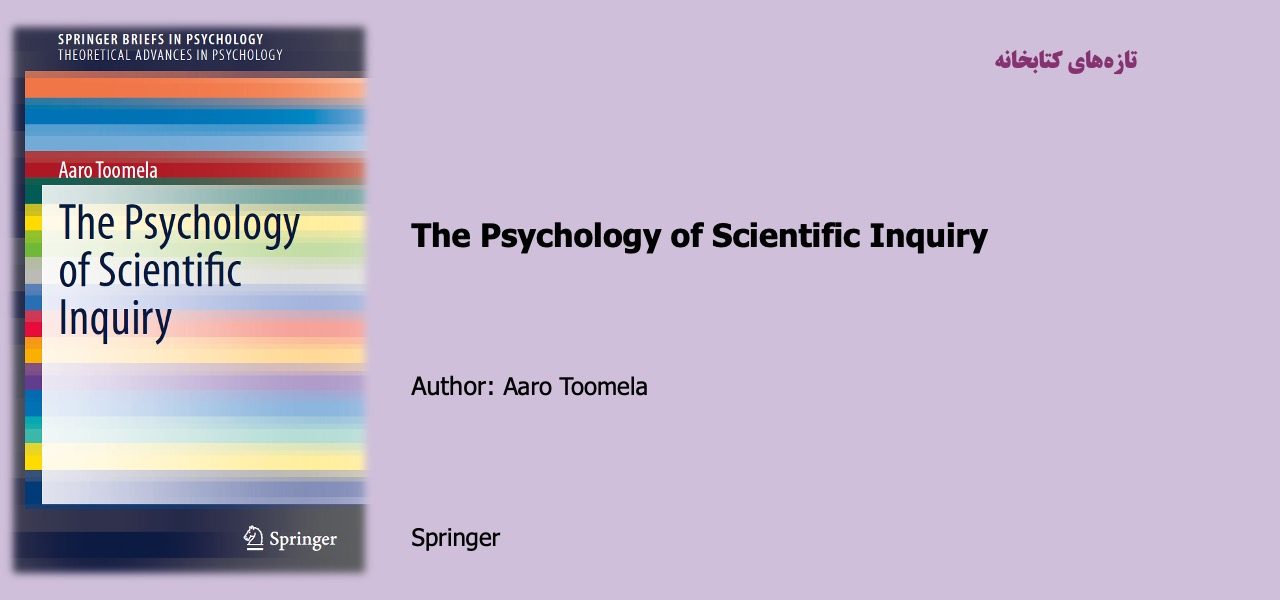The Psychology of Scientific Inquiry

This book is first of all about epistemology. I am going to discuss the axioms that are unprovable assumptions of any science. A set of such assumptions may be different. Next, I am going to show that following from which particular set of the assumptions is taken, different general ways of understanding of what is scientific knowledge, and what is the general form of scientific theories emerge. These issues have been discussed for millennia and justifications for final forms of the relevant ideas accepted today can be found in the past. The ground for scientific thought was laid by philosophers. This is why this book contains a lot of discussion of philosophical ideas, mostly old or very old. Without going back into history, it would not be possible to discover why these ideas were proposed and why they were revised by later scholars. Altogether I am going to show that depending on the version of the general theory of science accepted by a scholar, more or less powerful theories and understanding of the World is created. Psychology, differently from physics, chemistry, and biology today, is relying on less advanced form of scientific thinking. The more advanced way of scientific thinking was followed by continental European psychologists before the WWII. I suggest that it is justified to go back to the history of psychology and continue from where these continental European scholars ended
مطالب مرتبط

آموزش مقدماتی کارکردهای اجرایی
۱ / خرداد / ۱۴۰۳

دستنامه عصبشناسی زبان آکسفورد
۱ / خرداد / ۱۴۰۳

روشها و ابزارهای نوین در مطالعات زبانی
۱ / خرداد / ۱۴۰۳

